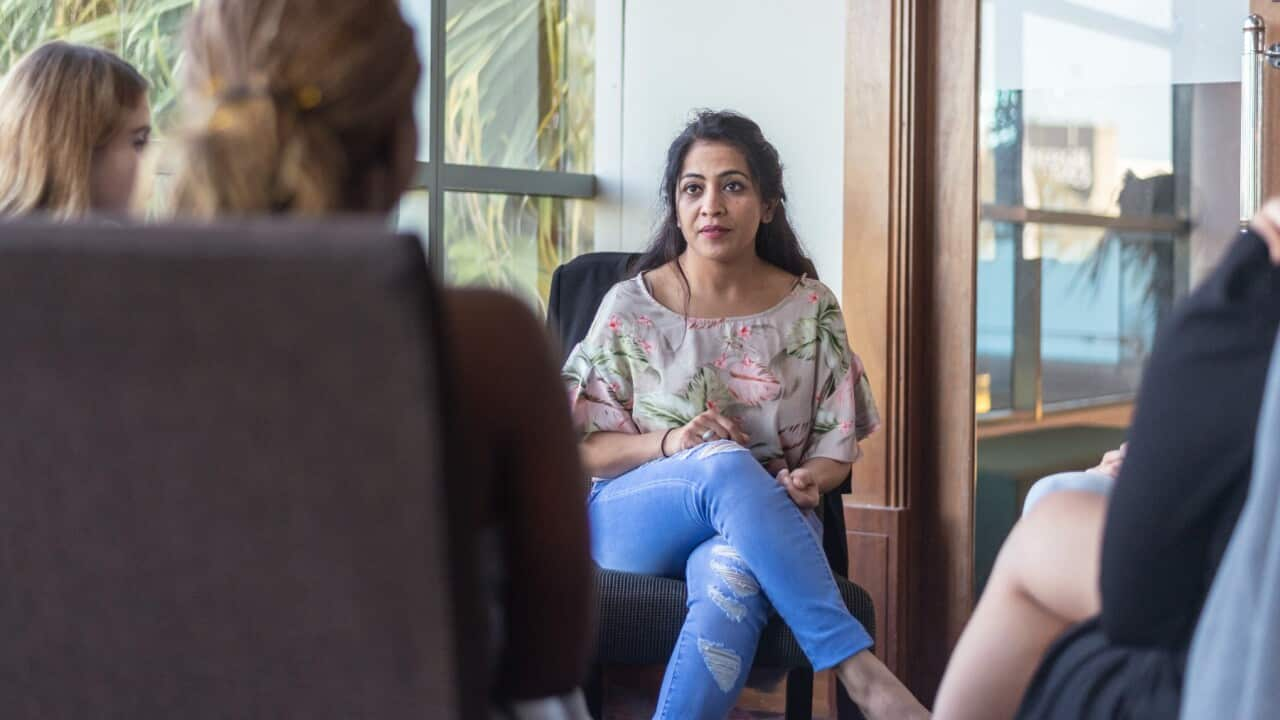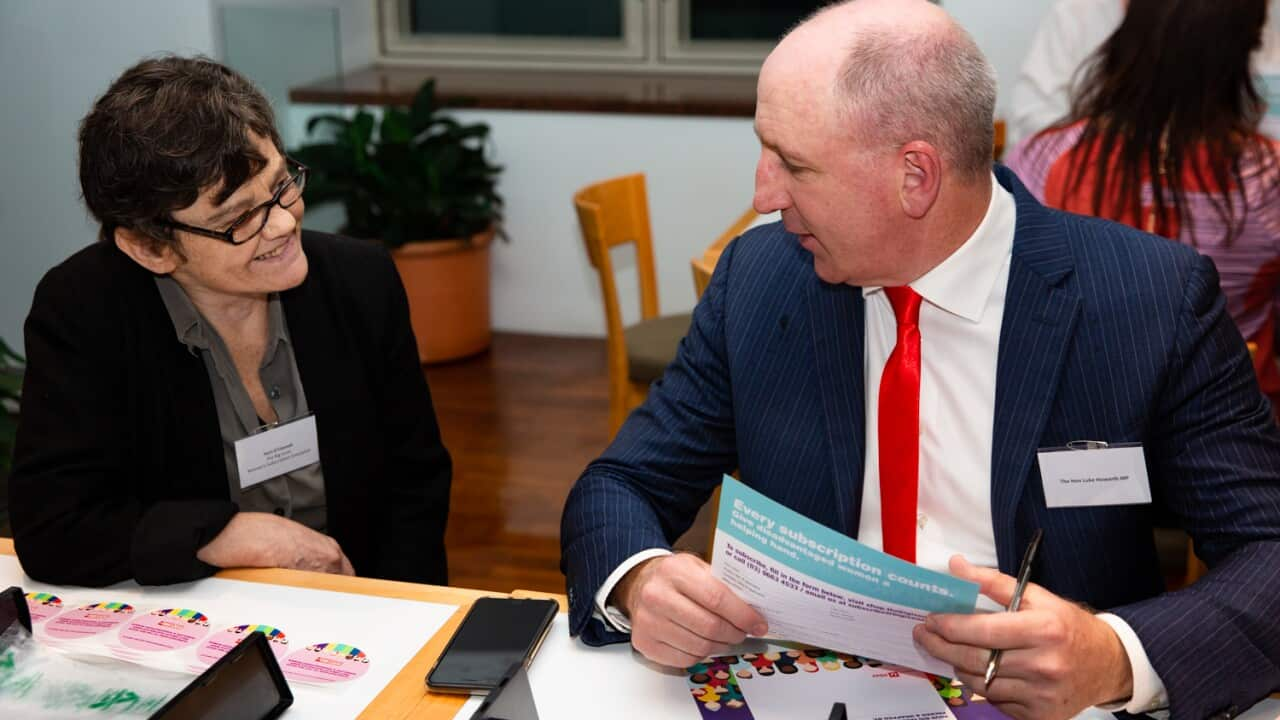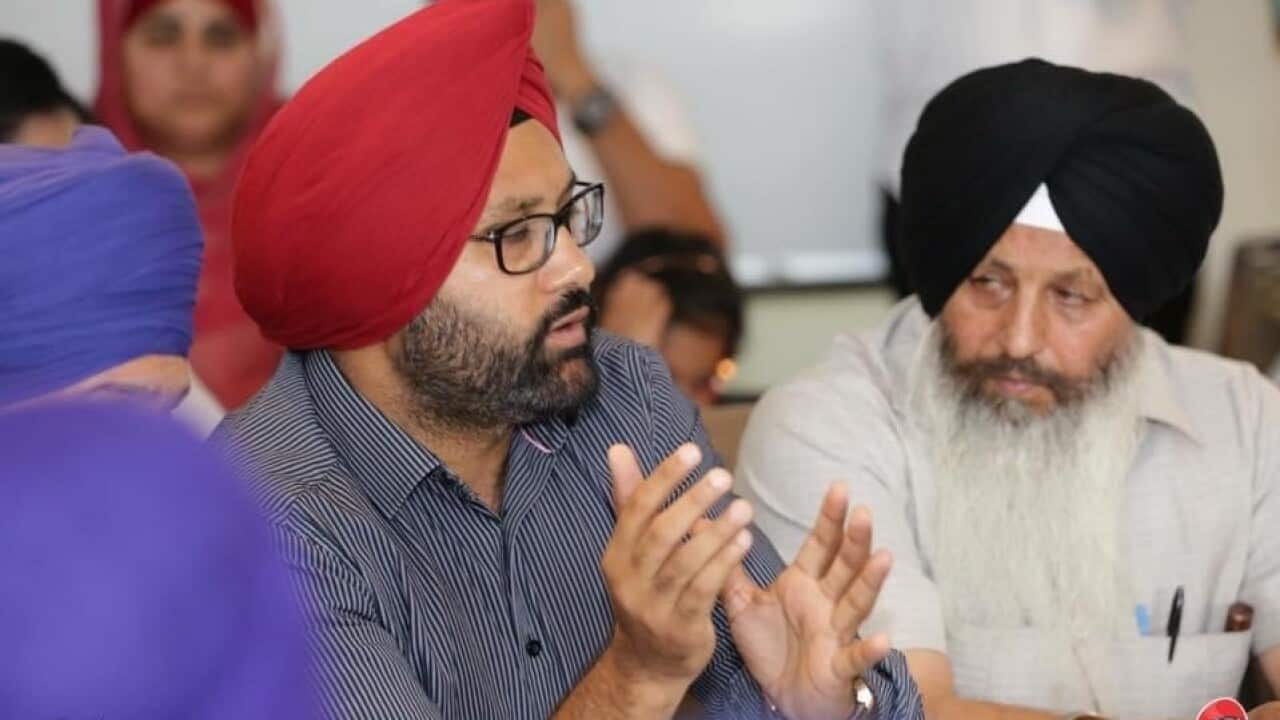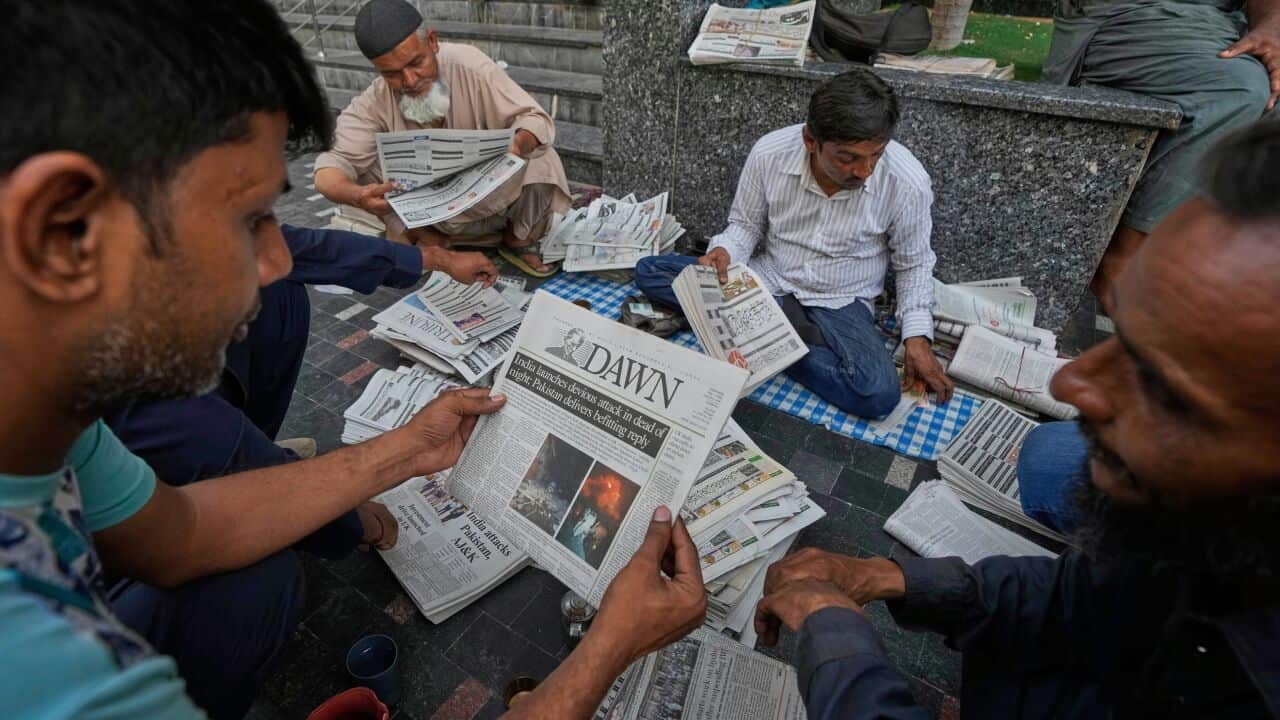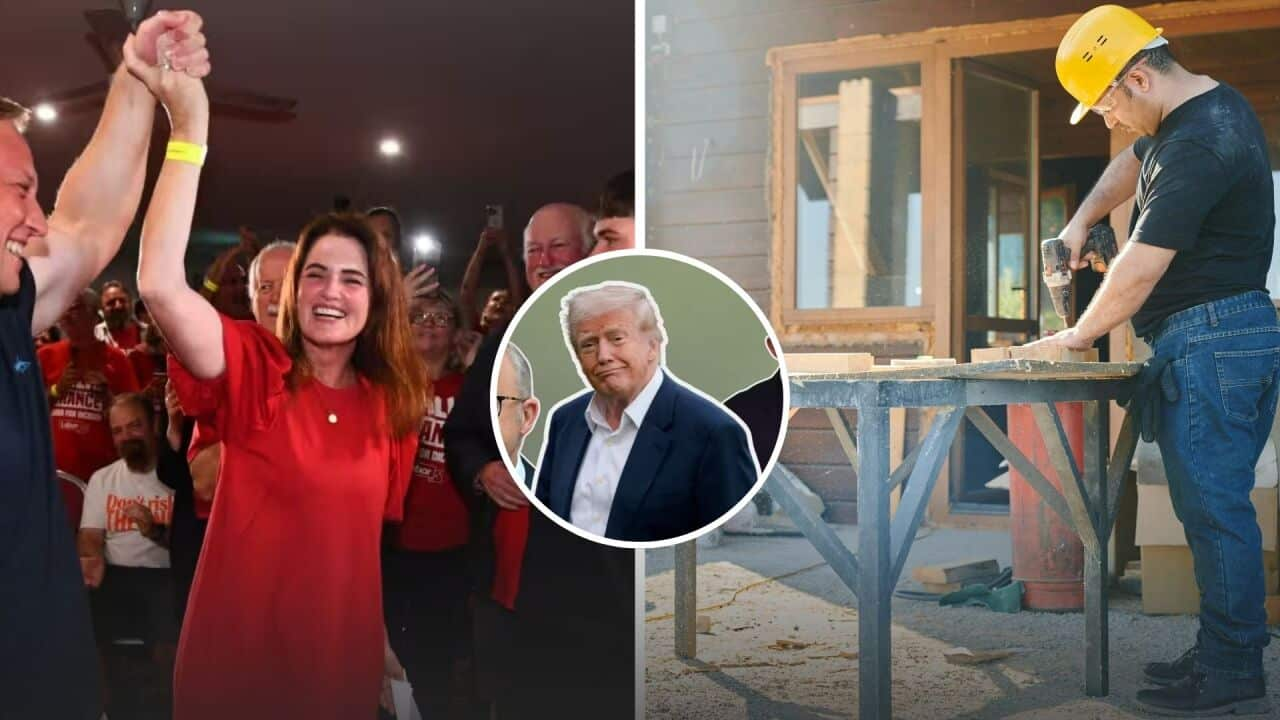Highlights
- After becoming a lawyer, Mannie Kaur Verma observed a massive gap in legal services available to vulnerable migrant women
- Ms Verma created Veera, a non-profit organisation predominantly for migrant women to access support
- Veera partners with law firms to provide resources for women to rebuild their lives after violent or abusive relationships
Not long after Ms Verma became a lawyer, she came into contact with Sandeep*, a young Punjabi woman on a spouse visa.
Sandeep was being heavily monitored by her husband, who tracked her phone and even turned up at her workplace during her breaks. Any money she earned went into a joint account she couldn't access.
Moving to a new country, and into a relationship where she was heavily controlled and abused, Sandeep lost confidence. She didn't know how to get out of this toxic situation.
One day while going to work, Sandeep met an elderly Punjabi man (whom she called 'uncle') at a bus stand who observed that something was not right with her. She was able to broke her silence and that same day, with the man's help, she travelled interstate to escape her abusive husband.
"Without giving a second thought about where she would go, without any belongings, she literally ran and escaped. But many women don't get this chance," said Ms Verma, a 28-year-old Indian-born Australian lawyer. Speaking to SBS Punjabi, Ms Verma said Sandeep's case opened her eyes to the existing abuse in the community.
Speaking to SBS Punjabi, Ms Verma said Sandeep's case opened her eyes to the existing abuse in the community.

Mannie Kaur Verma is an Indian-born Australian lawyer who passionately advocates for victims of domestic and family violence. Source: Supplied by Ms Verma
'Migration dream turns into a nightmare for some women on spouse visas'
"When I became a lawyer, I never intended to pick domestic violence as my area of expertise as I thought it was an emotionally difficult area, but the massive gap in assistance available to these women made up my mind."
"I saw many domestic violence victims from the community fighting and losing custody on parenting matters without knowing how to navigate the Australian legal system," said the Melbourne-based lawyer.
Veera: An organisation that empowers 'brave girls'
After encountering countless stories of violence against women, Ms Verma said she was determined to 'start a conversation'.
She decided to create , a non-profit charity organisation whose name means 'brave girl' in Punjabi. Ms Verma said the organisation aims to help migrant women facing domestic and family violence to rebuild their lives.
Ms Verma said the organisation aims to help migrant women facing domestic and family violence to rebuild their lives.

A massive assistance gap for domestic violence victims of culturally diverse backgrounds made Ms Verma advocate for migrant women. Source: Supplied by Ms Verma
We train the women to become financially independent and provide pro bono legal services to those who can't afford it, with safety being our number one priority
"Veera will partner with a number of supporting law firms to provide as much resources as possible - that's the real idea. We give women access to resources to get out of their abusive relationships and rebuild their lives," she said.
According to Ms Verma, these women already have the inner strength needed, but her organisation helps to address the barriers they may face. A young mum of two kids, Ms Verma was recently named as a finalist of "Women of the Future 2021", the Australian Women's Weekly initiative celebrating the incredible social impact of young women in Australia.
A young mum of two kids, Ms Verma was recently named as a finalist of "Women of the Future 2021", the Australian Women's Weekly initiative celebrating the incredible social impact of young women in Australia.

Ms Verma (left) with all the finalists for the Women of the Future Awards 2021. Source: Supplied by Ms Verma
"They had never had an Indian finalist before, and such recognition comes with a lot of responsibility," she said.
Why do most women fear reporting domestic violence?
Ms Verma strongly believes that language and cultural barriers limit the ability of migrant women to access justice because they don't know to where or to whom they can turn.
Many women continue to suffer silently in cultural isolation because they are unaware of the legal system or they feel the need to protect their visa status
"Women feel a shame to seek help to get out of an abusive marriage due to these barriers," she said.
into the experiences of almost 1,400 migrant and refugee women found that one in three have experienced domestic and family violence.
The report by Monash University's Migration and Inclusion Centre and Harmony Alliance, the first of its kind, posed questions specifically about migration-related controlling behaviours.
According to the findings, migration-related threats and abuse are much higher among temporary visa holders.
"Many of these vulnerable women experience this in Australia, and it's a massive issue that needs to be addressed on a wide scale," said Ms Verma.
*Name changed for privacy reasons.
If you or someone you know needs help, call 1800RESPECT on 1800 737 732 or . You can also call on 1300 789 978 and on 1300 659 467. In an emergency, call 000.
Click on the player above to listen to this interview with Mannie Kaur Verma in Punjabi.
